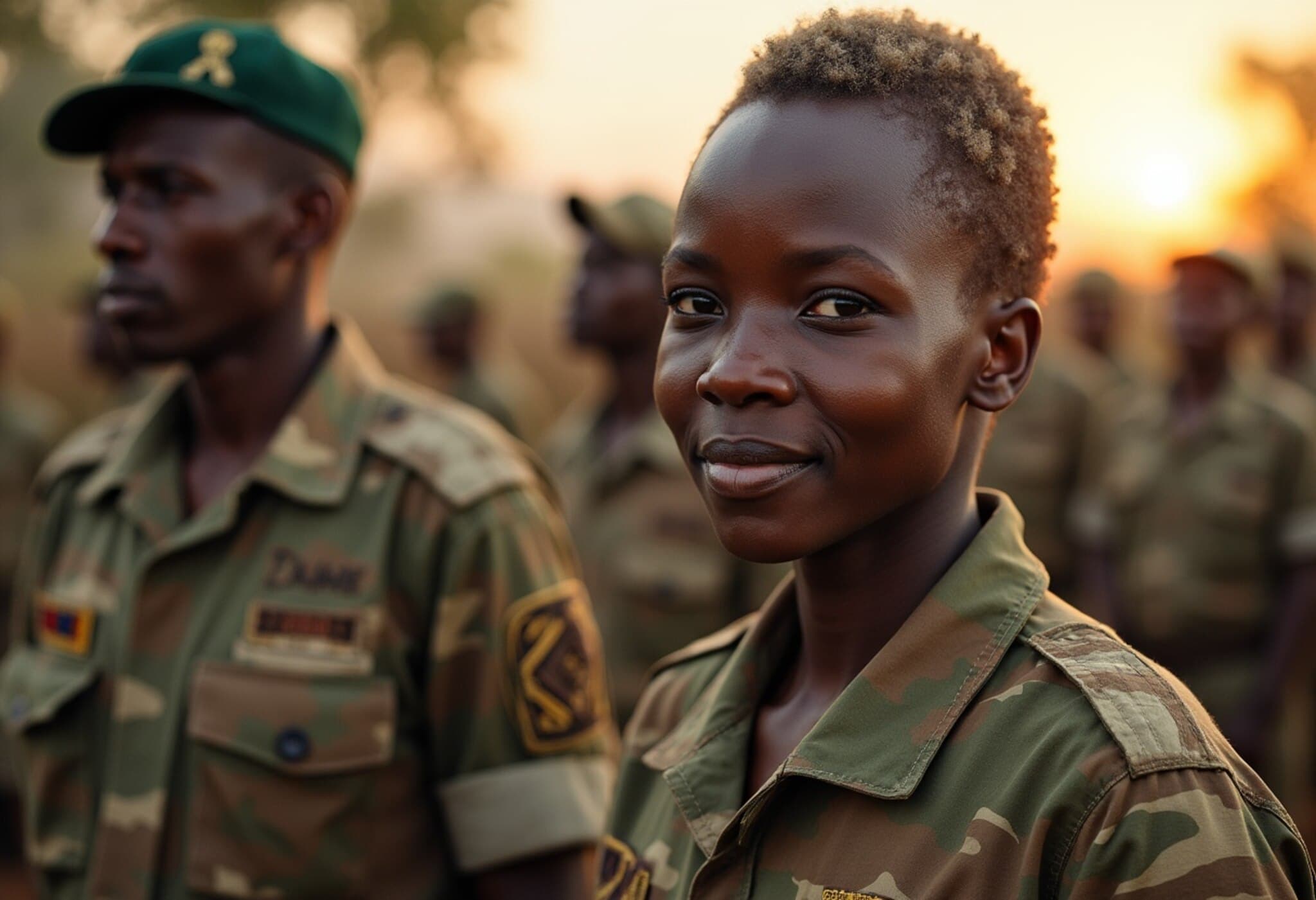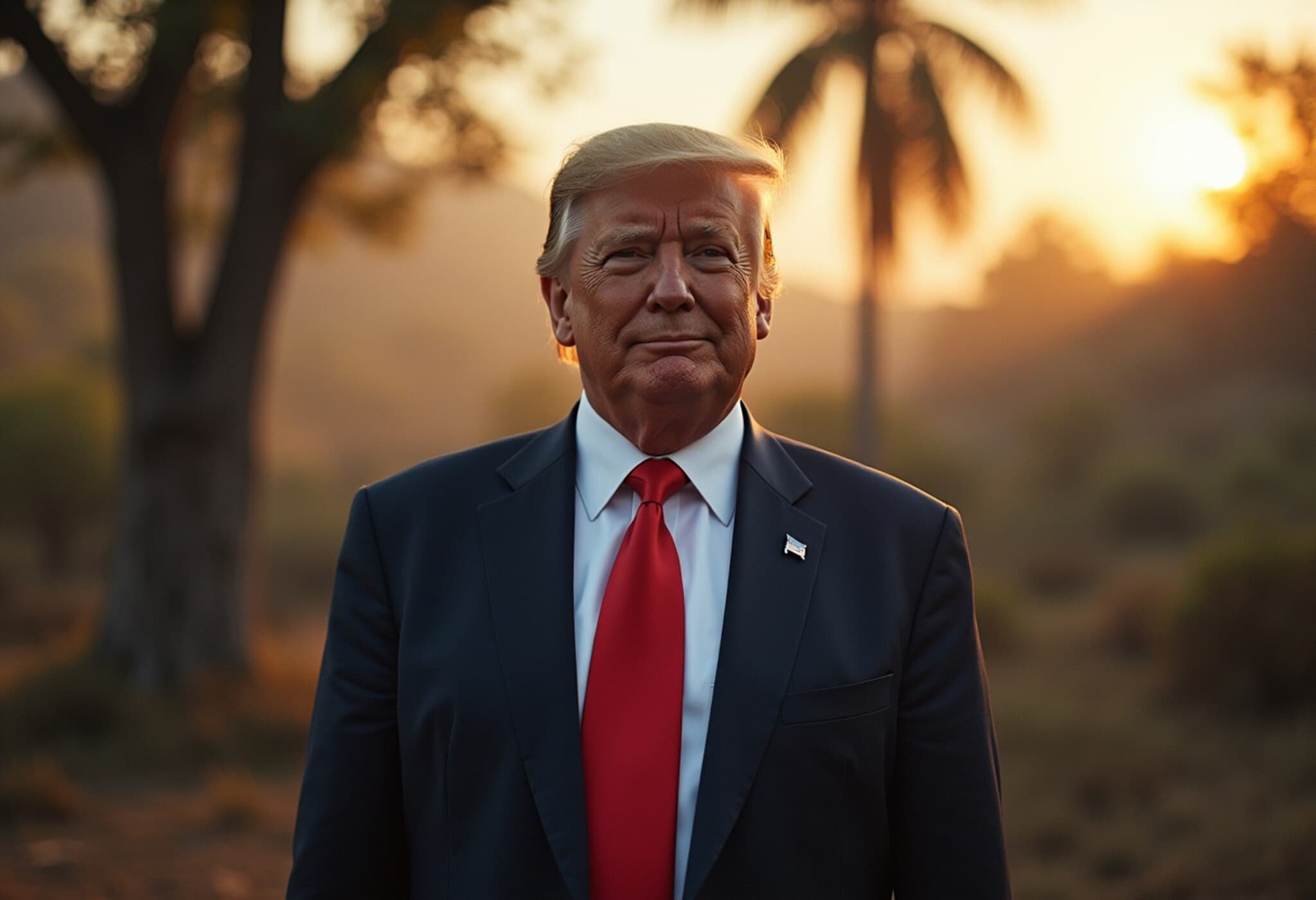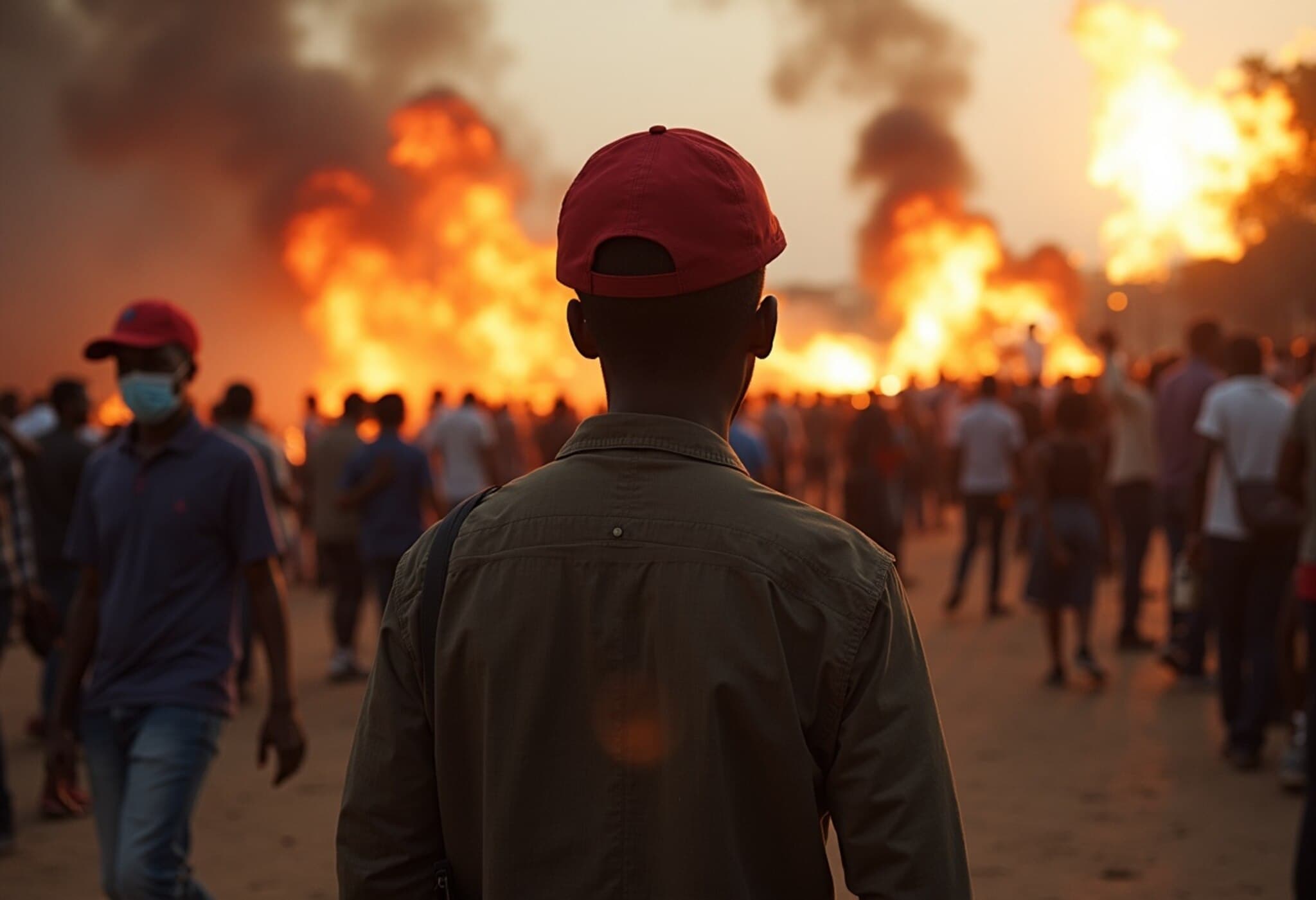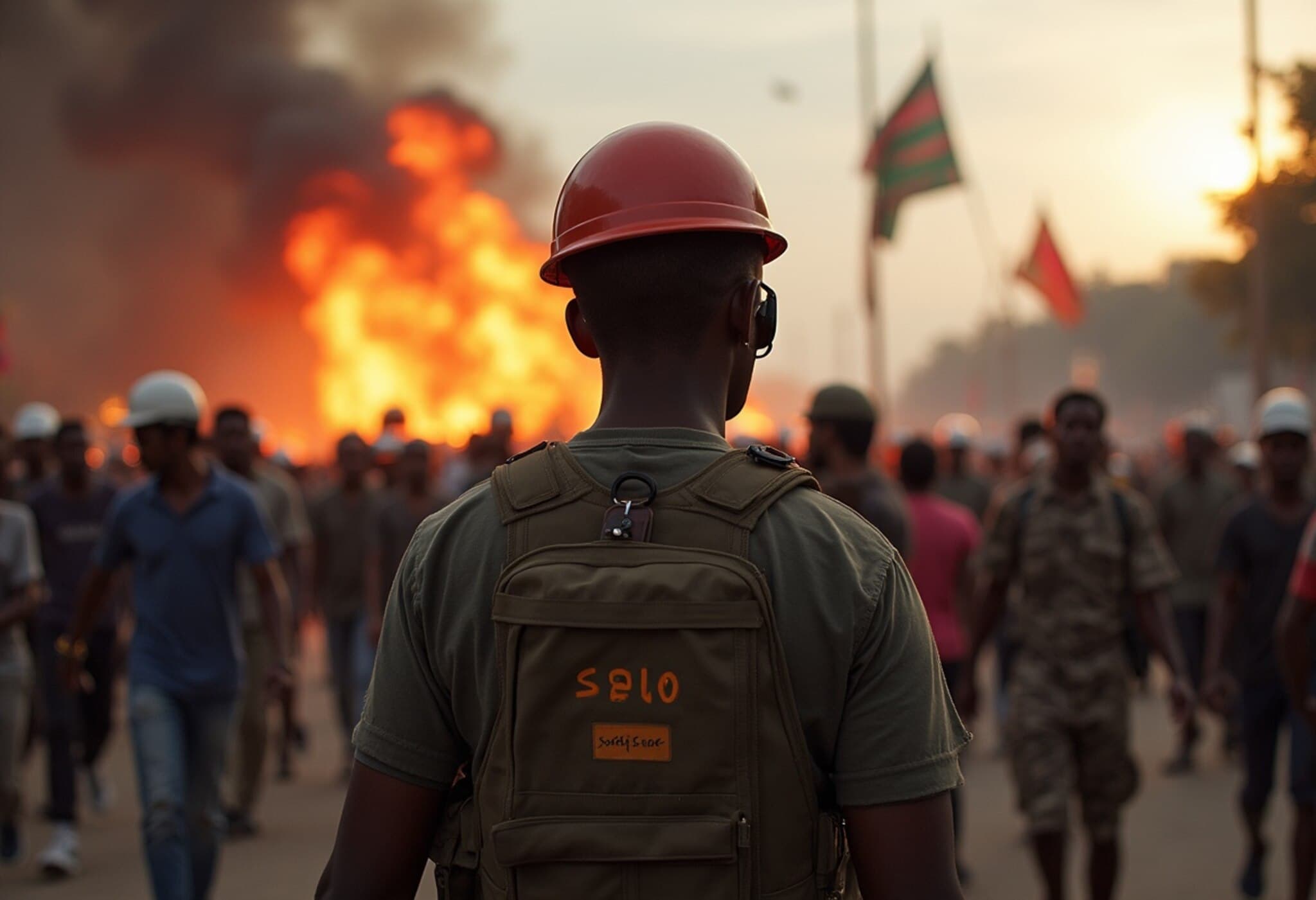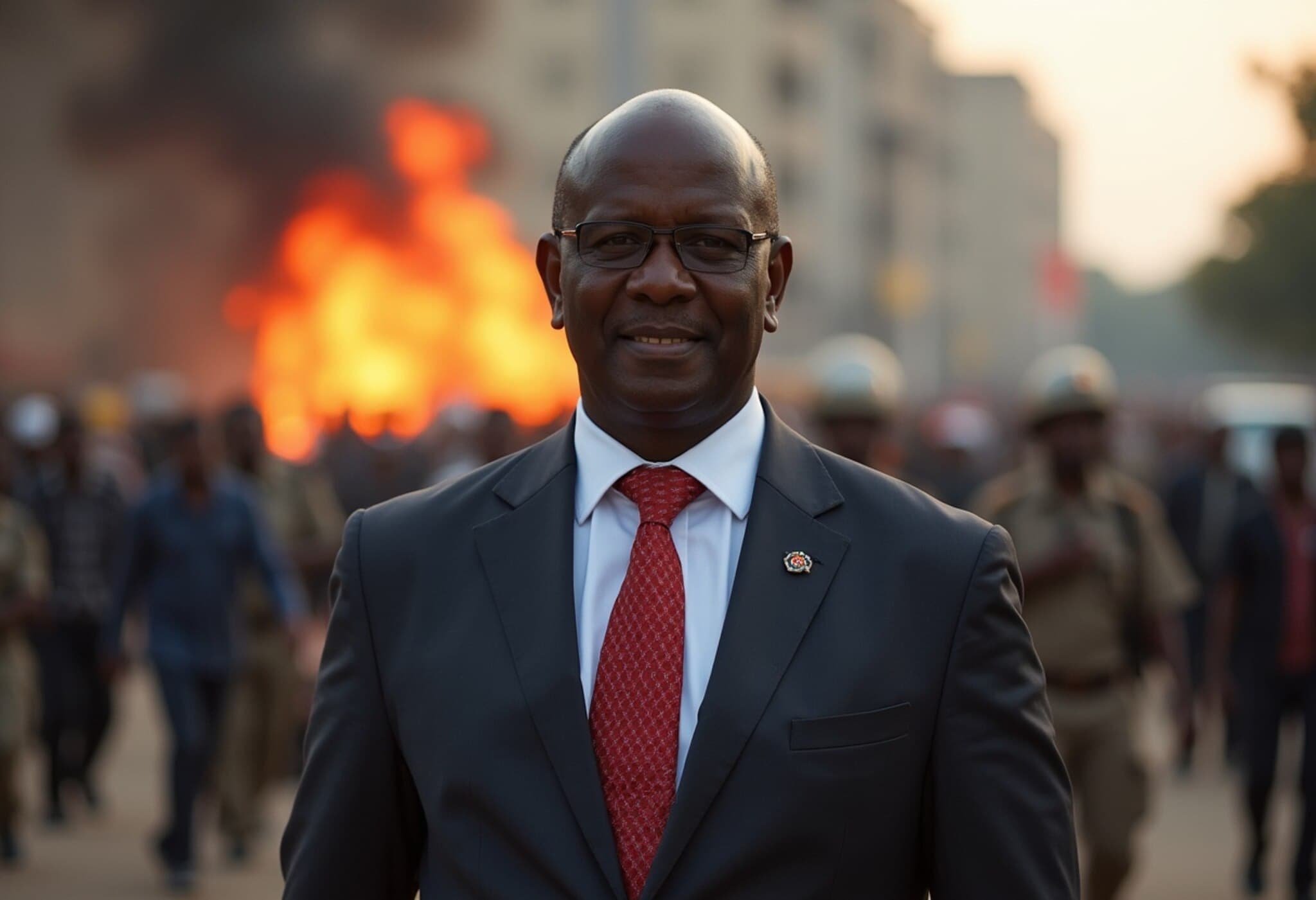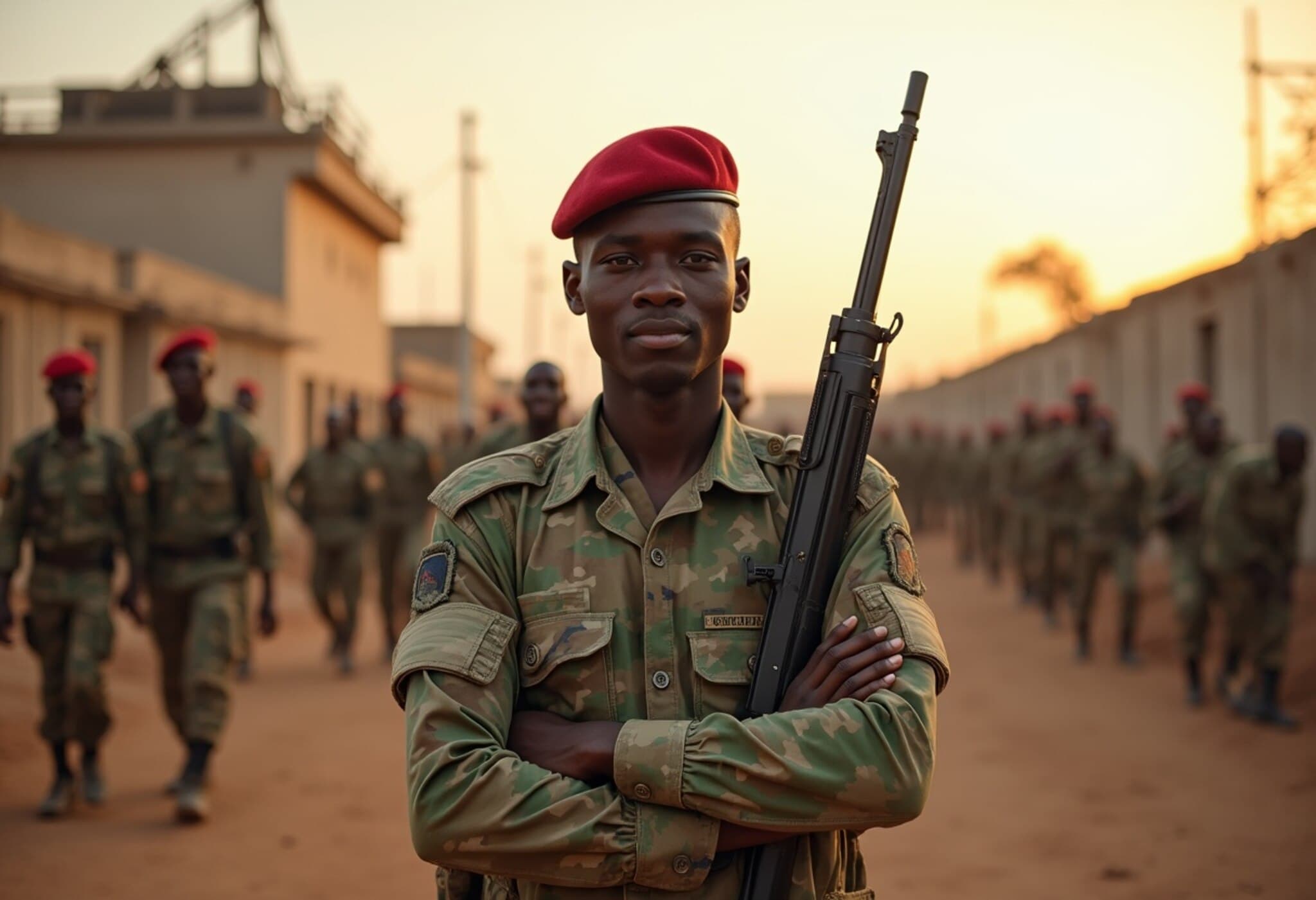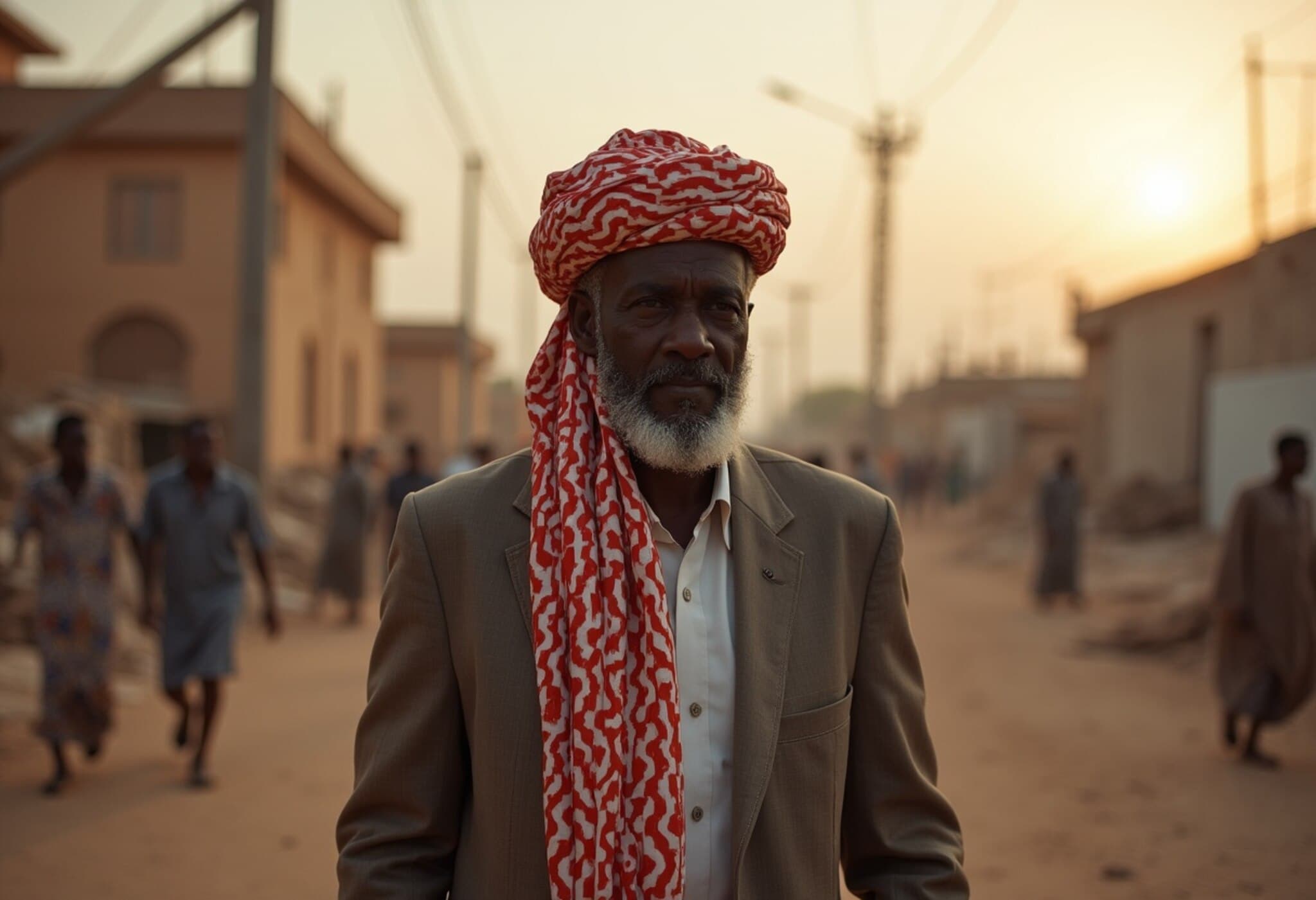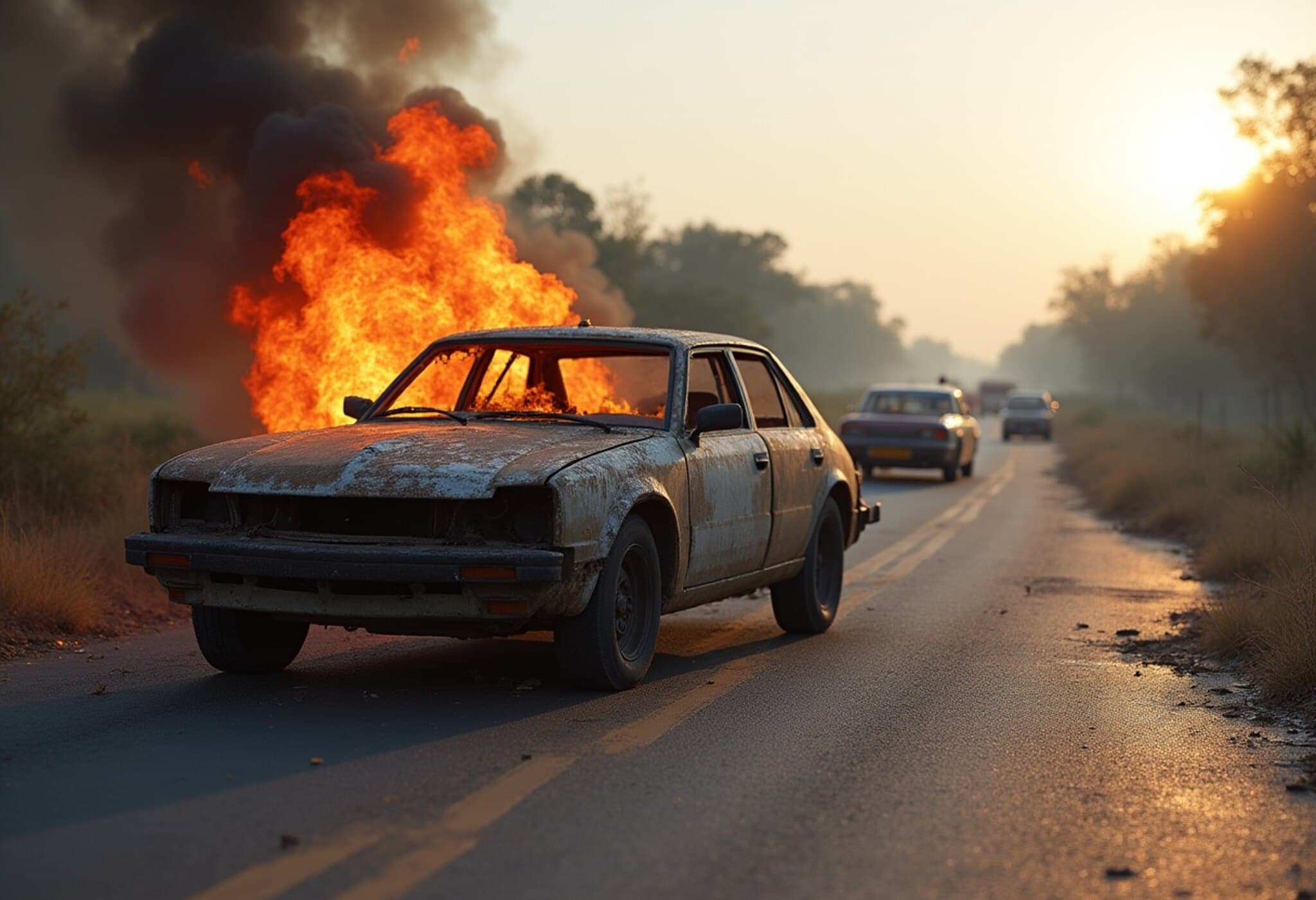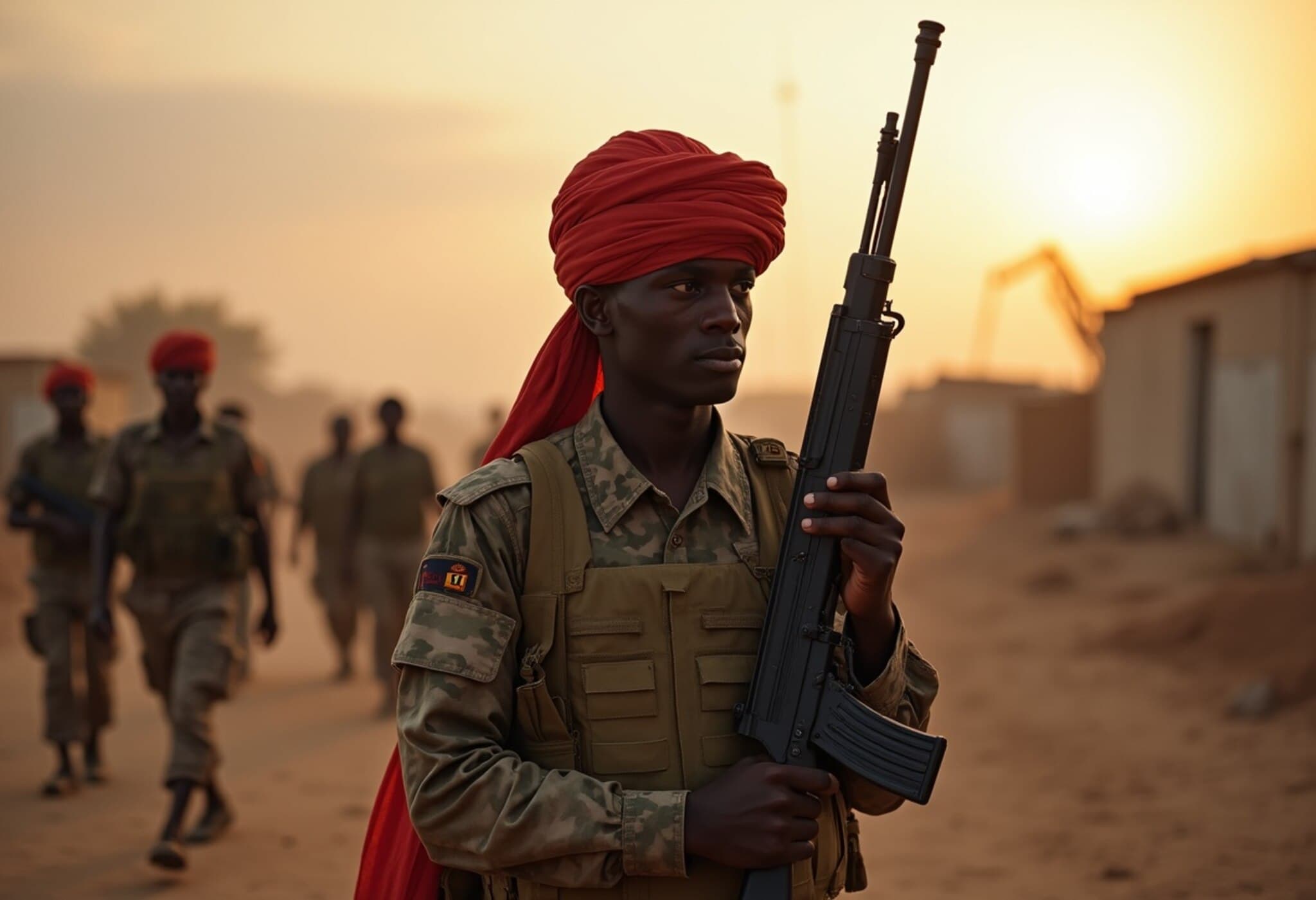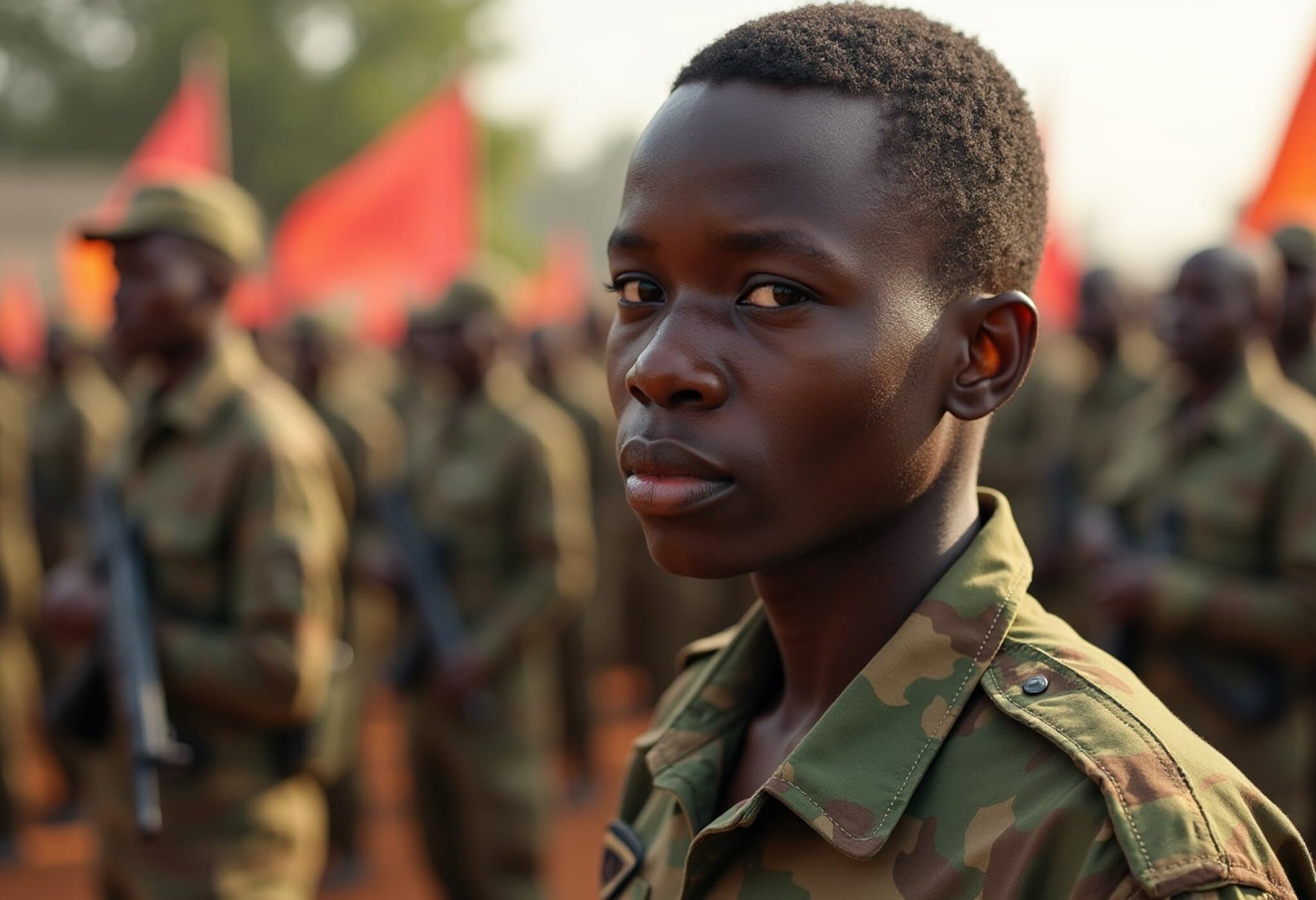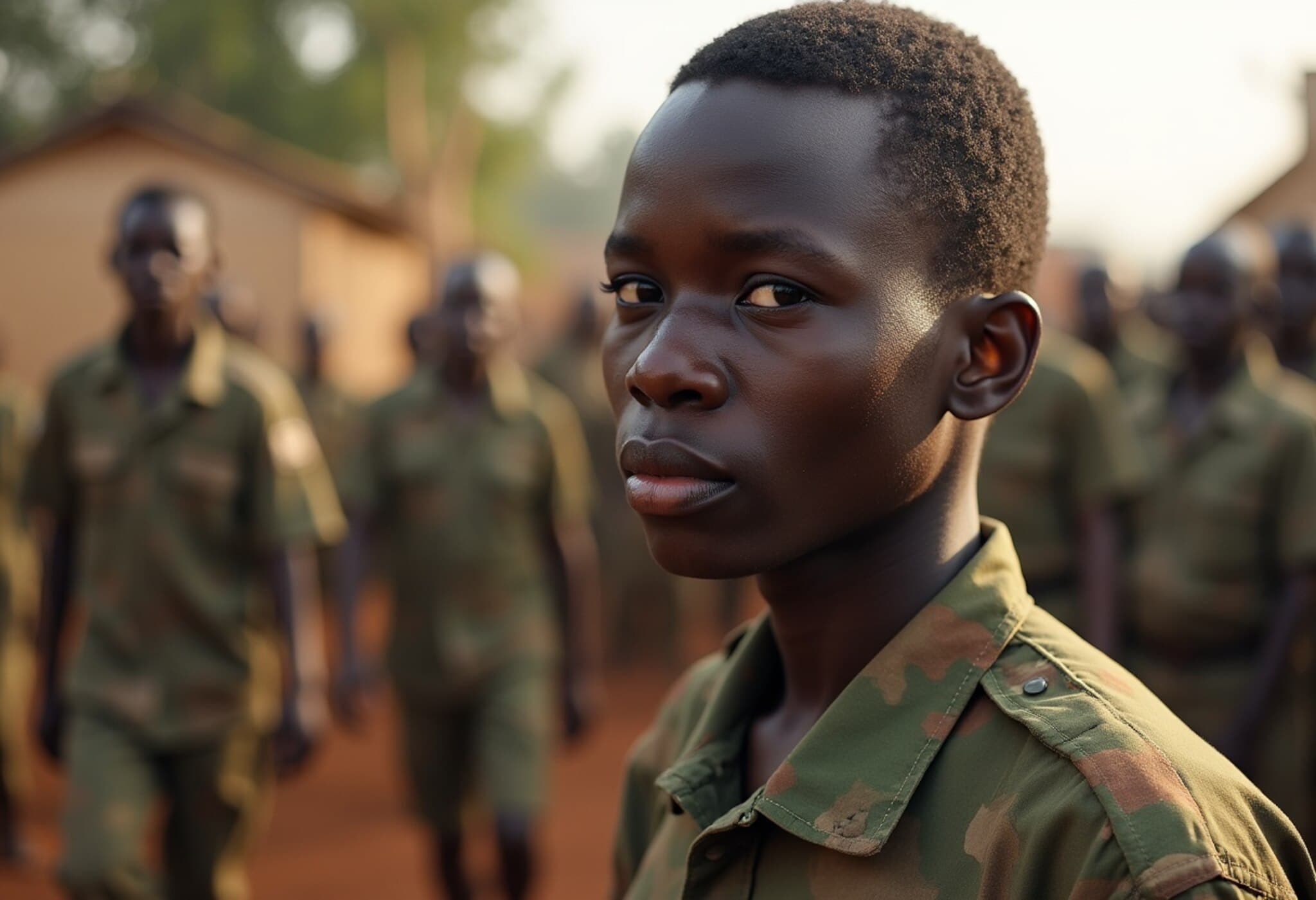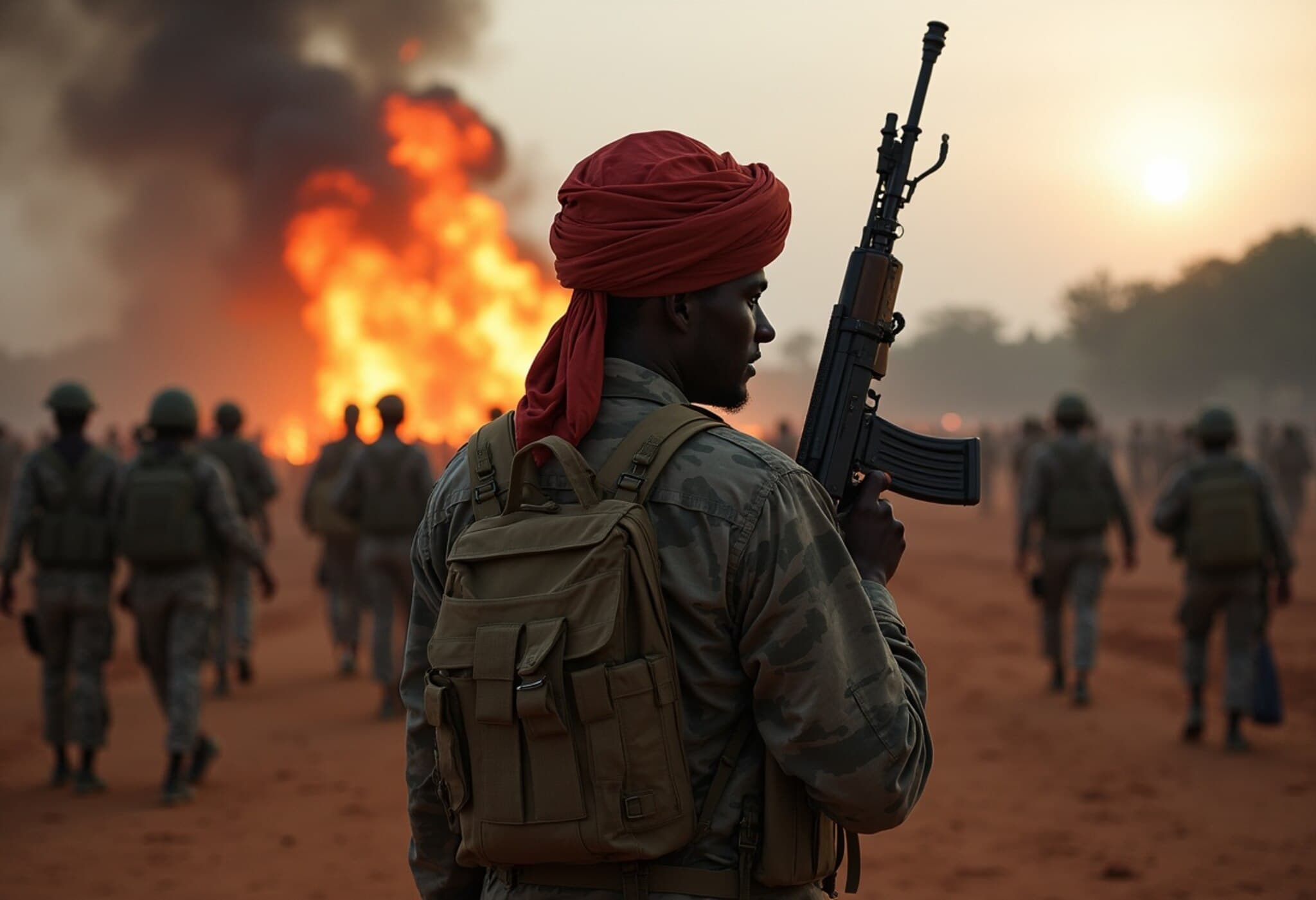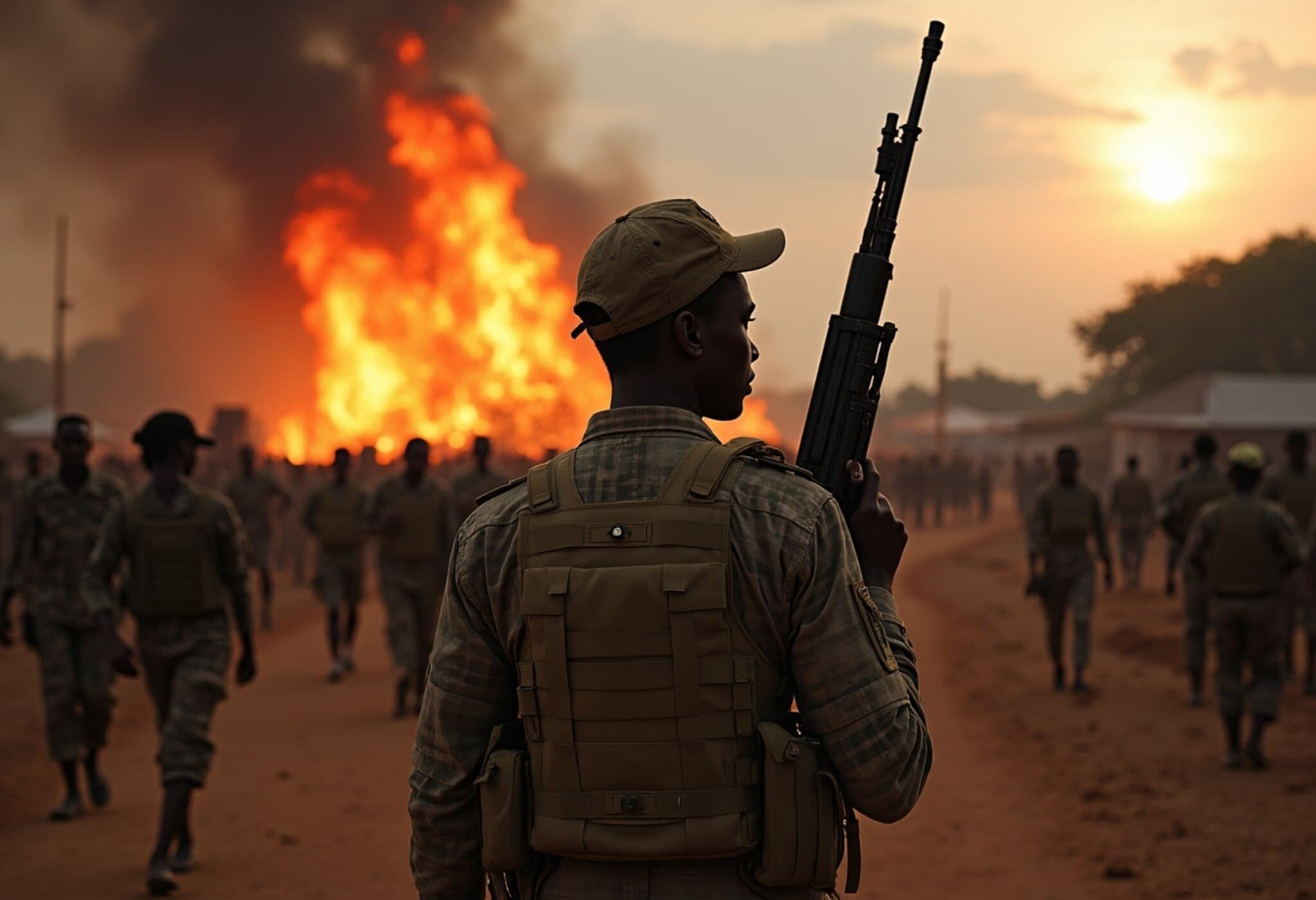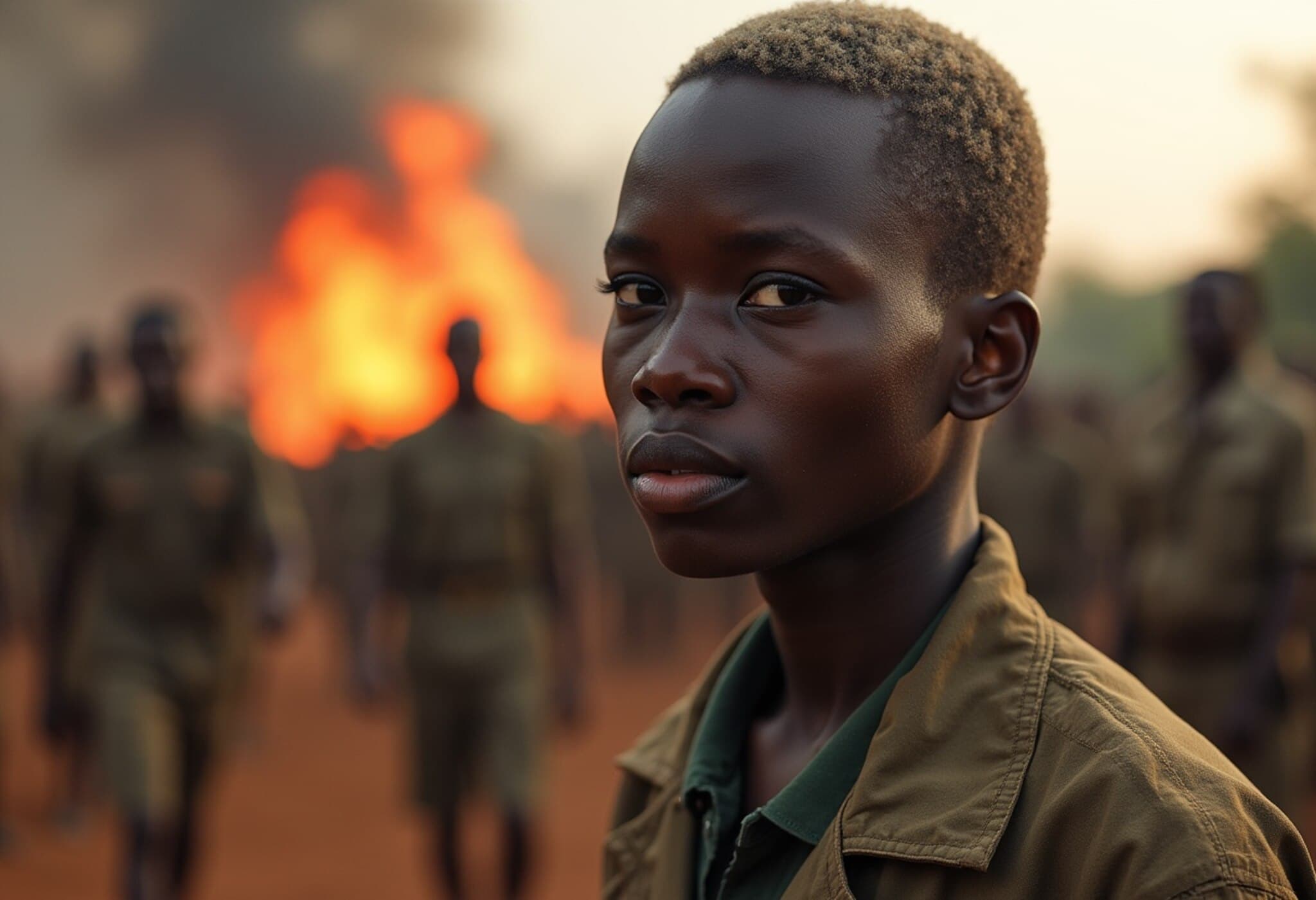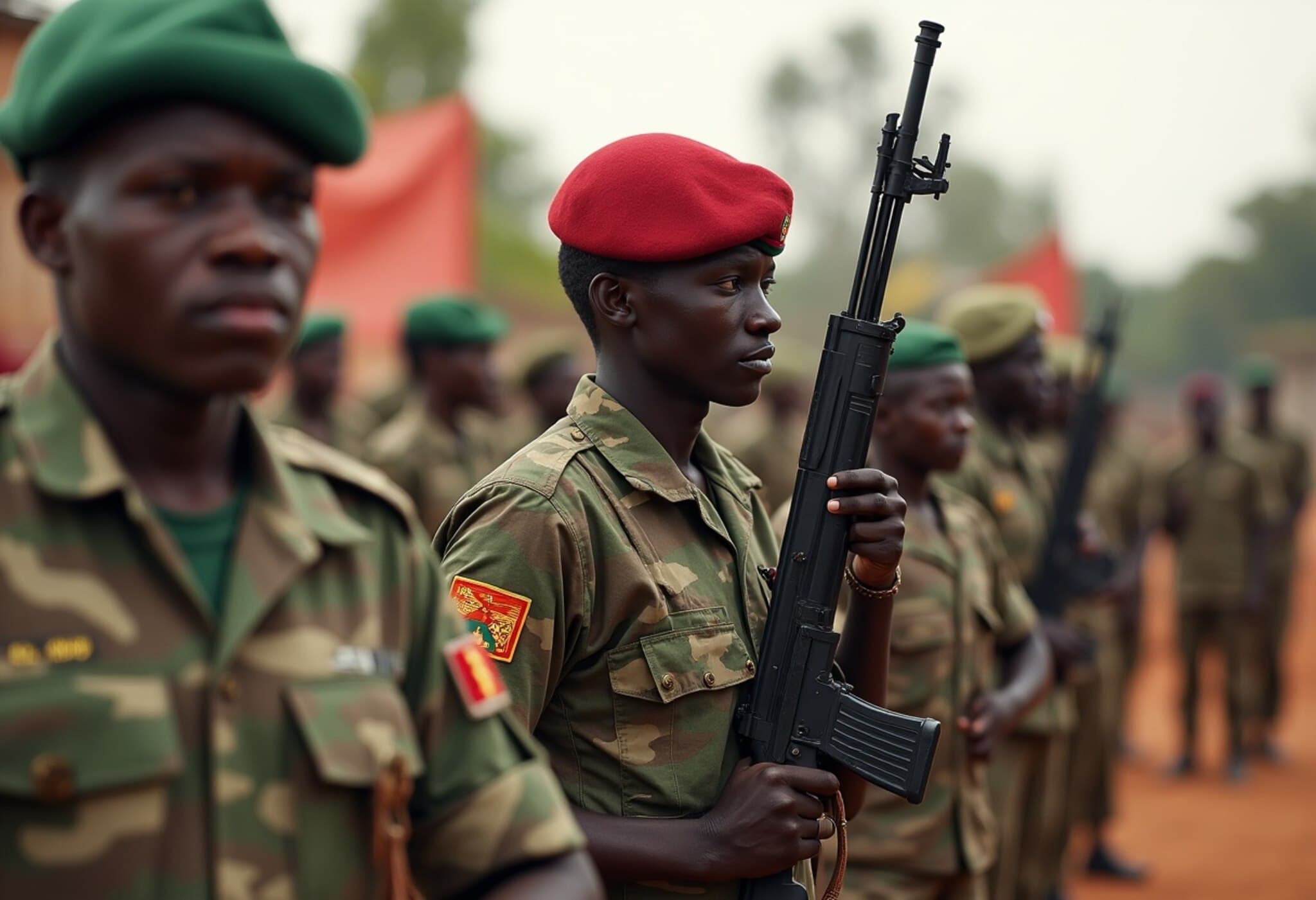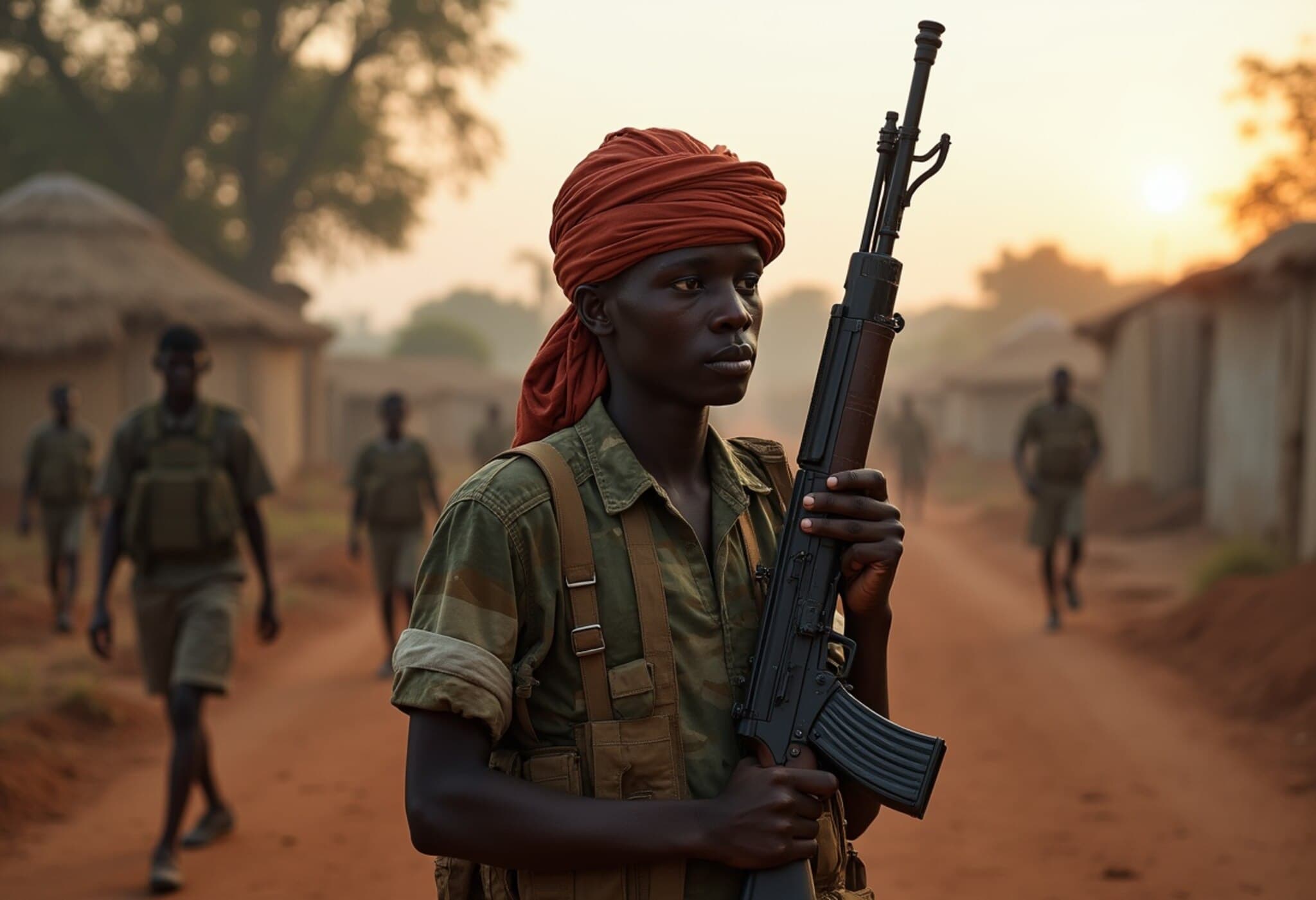Rwanda and Congo Take Steps Forward with First Oversight Committee Meeting
On August 1, 2025, Rwanda and the Democratic Republic of the Congo (DRC) convened their inaugural joint oversight committee meeting to advance the implementation of a Washington-mediated peace agreement. While this session marks a significant milestone, critical elements of the deal—namely the withdrawal of Rwandan troops and anti-militia operations—have yet to fully materialize, revealing the complex challenges ahead.
Background: A Fragile Peace in a Conflict-Riddled Region
The peace agreement, brokered under the auspices of the United States during the Trump administration, aims to quell decades of conflict that have devastated the eastern DRC. This region’s wealth in strategic minerals such as tantalum, cobalt, gold, copper, and lithium has paradoxically fueled armed violence, attracting billions of dollars of Western investment yet leaving local communities vulnerable to militia activity and instability.
Key Components of the Agreement
- Rwandan troop withdrawal: A commitment to withdraw all Rwandan military forces from eastern Congo within 90 days following the deal’s signing.
- Joint security coordination mechanism: Establishment of a bilateral mechanism within 30 days to oversee peace implementation and address disputes.
- Anti-militia operations: Congolese military actions targeting groups such as the Democratic Forces for the Liberation of Rwanda (FDLR), implicated in past atrocities including the 1994 Rwandan genocide.
Progress and Persistent Challenges
The joint oversight committee meeting occurred on schedule within 45 days of the agreement, demonstrating a commitment to dialogue and monitoring. Representatives from the African Union, Qatar, and the United States joined the discussions in Washington, underscoring the international community’s vested interest in regional stability.
However, other promised actions are lagging. The formation of the security coordination mechanism has yet to convene, and tangible troop withdrawals and military campaigns against militias have not commenced. Reports also indicate that armed groups, including the notorious M23 rebels and the Wazalendo militias, have in fact strengthened their positions along conflict lines, risking renewed escalation.
Official Statements and Insider Perspectives
Massad Boulos, the Trump administration’s senior Africa advisor, conveyed cautious optimism, stating that the process remains "very much on point" and that announcements concerning the security mechanism are imminent. Yet, diplomatic and military sources acknowledge delays and growing tensions on the ground. Such developments highlight the fragility of peace efforts in a region scarred by decades of mistrust and violent competition over resources.
The Broader Context and Implications
The eastern DRC’s protracted conflicts have not only caused immense human suffering but also complicated the geopolitical landscape. The peace deal’s success could stabilize an economically critical part of Africa and enhance regional security, but setbacks risk exacerbating cycles of violence.
Moreover, the involvement of global powers through investment and diplomatic intervention brings both promise and complexity. Ensuring the deal’s durability requires continuous engagement, transparent monitoring, and addressing the root causes of insecurity, including governance deficits and economic inequities.
Underreported Narratives: The Civilian Cost and Regional Stakes
While much attention focuses on troop movements and diplomatic progress, less reported are the perspectives of local civilians—many of whom face displacement, human rights abuses, and economic hardship amid ongoing unrest. The peace process must center these voices to build sustainable peace.
Looking Ahead: What to Watch
- Timely initiation of the joint security coordination mechanism and clear timelines for Rwandan troop withdrawal.
- Implementation of military operations against the FDLR and other armed groups.
- International oversight to verify compliance and support reconciliation efforts.
- Engagement with local communities to foster reconciliation and rebuild trust.
Editor’s Note
The first meeting of the Rwanda-Congo joint oversight committee symbolizes a hopeful but cautious step towards resolving a conflict that has profound regional and global implications. As delays mount, the resilience of this peace agreement will depend not just on military and political commitments but on addressing the deep-rooted economic and social dynamics fueling unrest. Observers and stakeholders alike should watch closely how all parties reconcile immediate security concerns with a long-term vision for durable peace and prosperity in the Great Lakes region.

